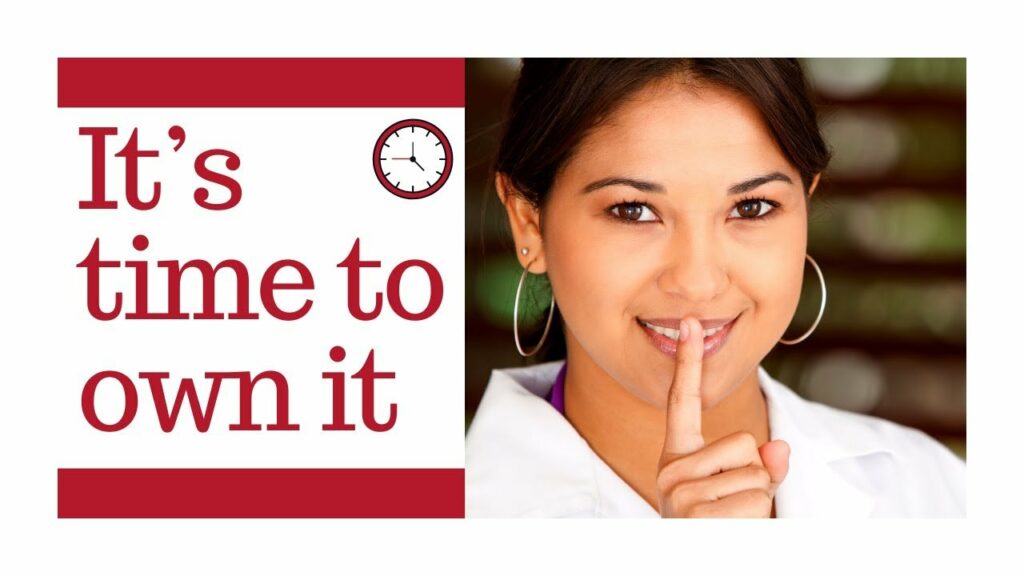Have you ever had a mentor or trusted ally who you suspect got as much, if not more, from the relationship that you did? Mentoring can be a fantastic way to get ahead and one I talk about routinely with my audiences.
Someone to whom you gave a new perspective, advice or even connections? Good mentoring is never about one person solely benefitting, but I’d likely ask a new question: How do the tangible benefits of reverse mentoring still extend down to the mentee?
It’s top of mind as I recently spoke with Tara, a African American client, who said that as much as she knew it was an honour to be chosen as a ‘reverse mentor’ to John, a more senior white man, at her company. Tara suspected John was getting more kudos from their pairing than she was. Certainly, despite her ‘gentle requests’, John hadn’t made any introductions or spoken up positively about her amongst senior colleagues, as Tara had hoped. He told her he’d speak up for her ‘when she was more ready for advancement’. By contrast, John was up for a promotion and told her he’d mentioned to those on the decision making committee how much he’d learned from Tara. At the end of the programme, John got said promotion, while Tara stayed where she was.

Reverse mentoring has been fashionable for the past few years. Indeed, when I ran a traditional mentoring programme for a bank, I’d often hear from the senior guys about ‘all that they were learning’ from their mentees. However, I wonder what the end benefits are to the ‘non-status quo’, often women? After all they are the ones who provide these kind of insights for the senior people, most often men, with whom they’ve been paired.
Are mentees more likely to be promoted, or feel more engaged, or that they have an advocate for their own advancement? After all, benefits for the more junior mentor is what should be driving these programmes. Certainly, the senior guys need the insight, but they’ve often already reached heights to which many non-status quo people would envy.
If you are, even unofficially, in one of these types of reverse mentoring relationships, four questions to ask your more senior colleague include:
1. What are you learning from me and how has that changed your behaviour?
2. Glad to hear my insights have been so useful, in return, what can you do to help me?
And eventually be more specific – it never hurts to ask for more than what you want. As I advocate in my book Beyond the Boys’ Club, they can only say ‘no’ but it still sends a message about your ambition. You’ll notice I also believe in the power of flattery 😉
3. Given how respected you are, I’d very much value your advocacy in X.
4. I know how well-connected you are, I’d love an introduction to Z as I’m interested in that team.
I’ve been thinking about this issue much more thanks to the much needed push back members of various BAME communities have given their White colleagues in the last few years; akin to ‘We can inform you, but we can’t save you – you have to do the work yourself.’ Too frequently White people expect colleagues, rather take responsibility for change ourselves. But similarly, does that education necessarily create wins for people from BAME communities?
The truth is, in reverse mentoring, I’m not sure it always does. Therefore, I’d encourage you to use metrics, like the ones above, like I’ve always done with my clients. This helps you dig deeper on who is really benefiting from reverse mentoring. It’s great if the mentor becomes more ‘aware’, but far better if they act on that awareness to improve conditions for the more junior mentor who is taking the risk in not giving their time, but often with exposing their vulnerabilities.



































